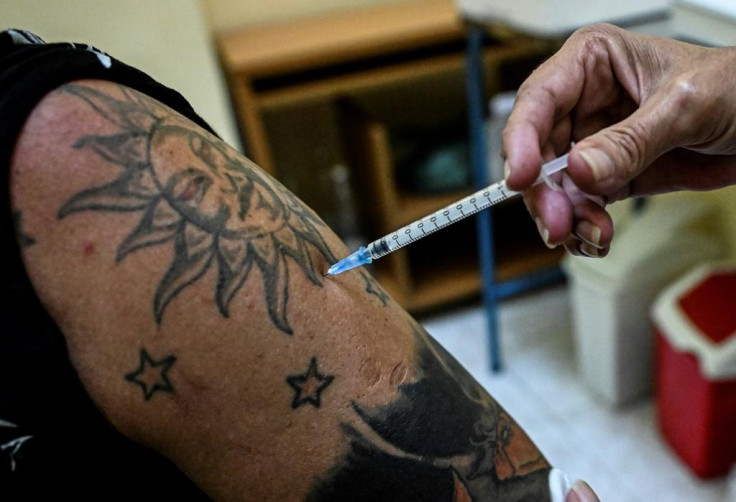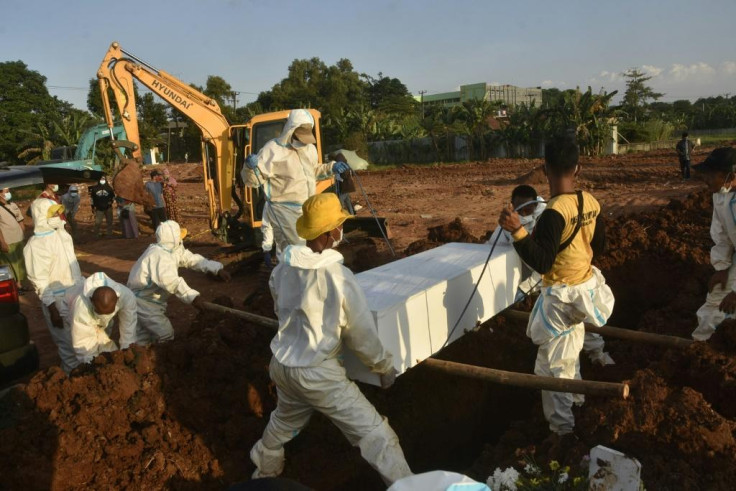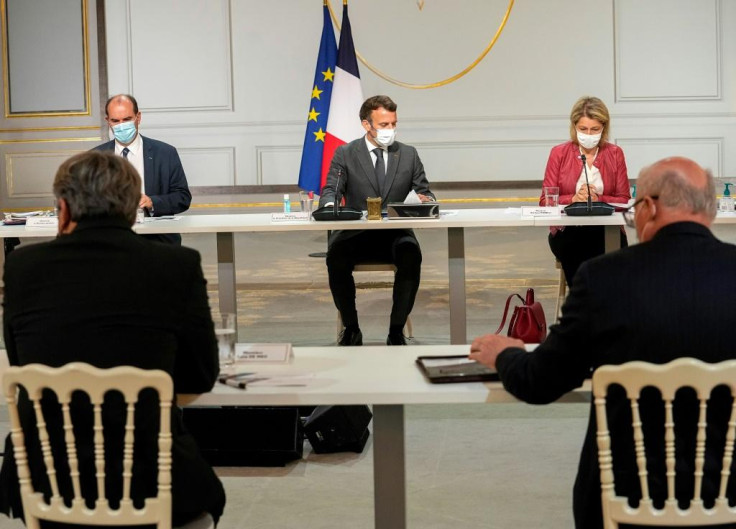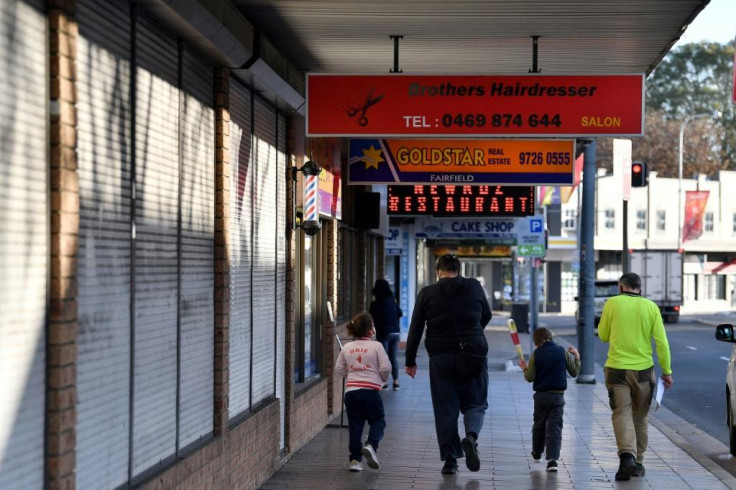Delta surge forces fresh virus restrictions as England embraces 'Freedom Day'
While not naming countries, the WHO blasted those considering Covid-19 booster vaccinations while the most vulnerable in other nations were left exposed to the virus.
France and Greece on Monday joined countries that are reimposing tighter Covid-19 restrictions to stem the surge of Delta variant infections threatening the global fight against the pandemic.
The virus has killed more than four million people since first emerging in China in late 2019, and attempts to halt its spread are being hampered by mutations creating highly contagious variants such as Delta, first seen in India.
Vaccines are seen as the best way to allow economies to reopen while keeping the public safe. But patchy roll-outs of the jabs -- whether through lack of supplies, vaccine hesitancy or slow government responses -- threaten global efforts to escape the pandemic.

European governments are turning to more coercive measures to get more of their populations to sign up for the jabs.
The cautious approach in the EU stands in contrast to that in London, where the government confirmed plans to lift most curbs in England by July 19 -- a day Prime Minister Boris Johnson has dubbed "Freedom Day".
Scotland, Wales and Northern Ireland set their own covid response policies.
While some scientists fret that ending measures such as mandatory mask-wearing and social distancing spells trouble, Health Secretary Sajid Javid said the link between infections and deaths was "severely weakened" with more than two-thirds of the UK population fully protected,
Daily new infections are running at more than 30,000 in the UK, with average deaths in single digits, NHS data show.

French President Emmanuel Macron, in a national address, said that healthcare staff, retirement home employees and others working with vulnerable people will have to get jabbed by September.
He also announced that from August, anyone wanting to go out to eat or drink, visit a shopping centre or attend a festival, theatre show or cinema screening will need to show either proof of vaccination or a negative test.

The prospect of having to take a test for every meal or drink out appeared to have an instant impact on many unvaccinated French people.
The Doctolib site used to book shots said after Macron's address that a record 20,000 appointments were being taken every minute.
Greece is also ordering mandatory Covid-19 vaccinations of all health workers, including those working in retirement homes, Prime Minister Kyriakos Mitsotakis said on Monday.

Only 4.3 million of Greece's population of 10.7 million have been fully vaccinated.
"The country is not going to close down because of the attitude of some people," Mitsotakis said.
And the Spanish tourist regions of Catalonia and Valencia also announced new measures.
"The data are more than worrying, they are frankly very, very bad," Catalonia's public health secretary Josep Maria Argimon said, announcing curbs.

Macron said his government's aim was to recognise the "civicism" of those who had been vaccinated while "putting in restrictions on the non-vaccinated rather than on everyone."
Around 35.5 million people -- just over half of France's population -- has received at least one vaccine dose, while 27 million have had two.
Highlighting the stark divisions the pandemic has created globally, United Nations agencies warned the outbreak threatened a lasting calamity for the world's children and was fuelling historic spikes in hunger.
Schools remain shut in 19 countries, affecting 156 million children in what risks being "a generational catastrophe," the heads of two UN agencies, UNICEF and UNESCO, warned.
Another UN report on Monday said the pandemic had resulted in an estimated 18 percent increase in the number of people facing hunger.
The World Health Organization took a swipe at the senseless "greed" of rich countries leaving vast swathes of the global poor unprotected.
WHO chief Tedros Adhanom Ghebreyesus said the pandemic would end soon "but for the lack of decisive global leadership".
Vaccine nationalism was "prolonging the agony" and there was only "one word that can explain this... it's greed," Tedros said.
While not naming countries, the WHO blasted those considering Covid-19 booster vaccinations while the most vulnerable in other nations were left exposed to the virus.
Israel, for example, announced plans to begin administering a third shot of the Pfizer/BioNTech coronavirus vaccine to patients with compromised immune systems.
The UN's health agency also scolded vaccine manufacturers prioritising deals for boosters rather than first and second shots for unvaccinated health care workers and elderly people in poorer nations.
"Instead of Moderna and Pfizer prioritising the supply of vaccines as boosters to countries whose populations have relatively high coverage, we need them to go all-out to channel supply to Covax," he said.
He was referring to the international programme that is seeking to provide equitable access to doses for the most vulnerable.
Two Chinese vaccine makers, Sinovac and Sinopharm, have agreed to immediately begin making more than 100 million Covid vaccine doses available to Covax.
"Thanks to this deal... we can move to start supplying doses to countries immediately," said Seth Berkley, who heads the Gavi alliance -- one of the partners behind Covax.
Copyright AFP. All rights reserved.
This article is copyrighted by International Business Times, the business news leader





















